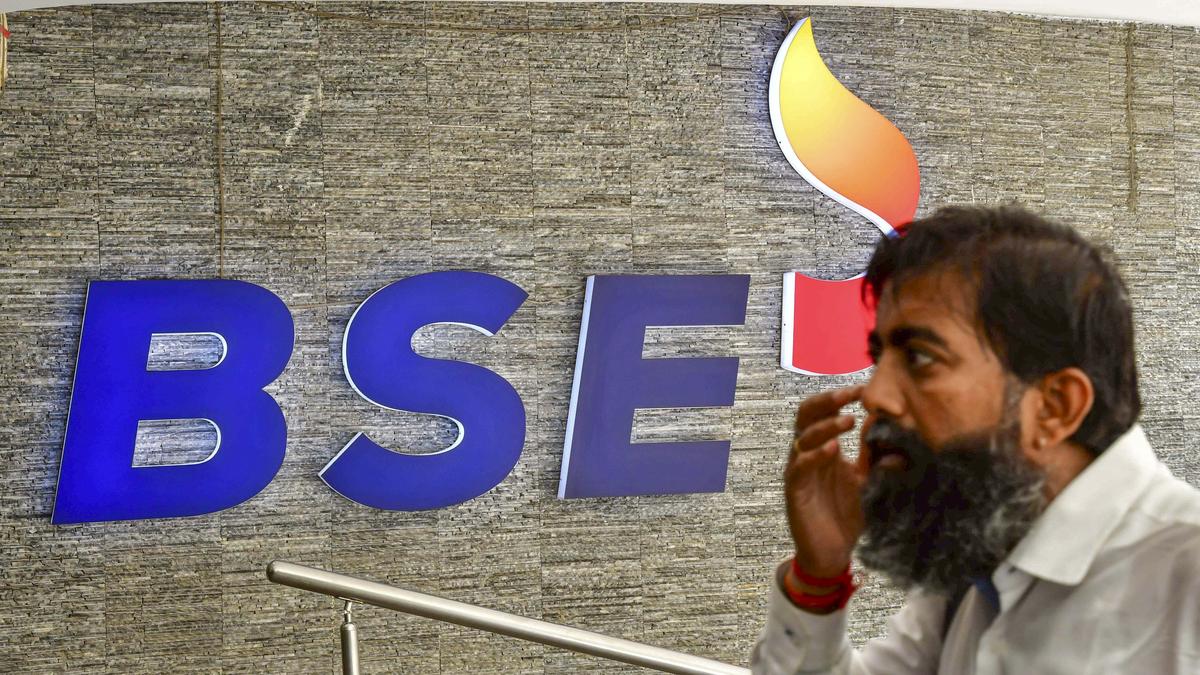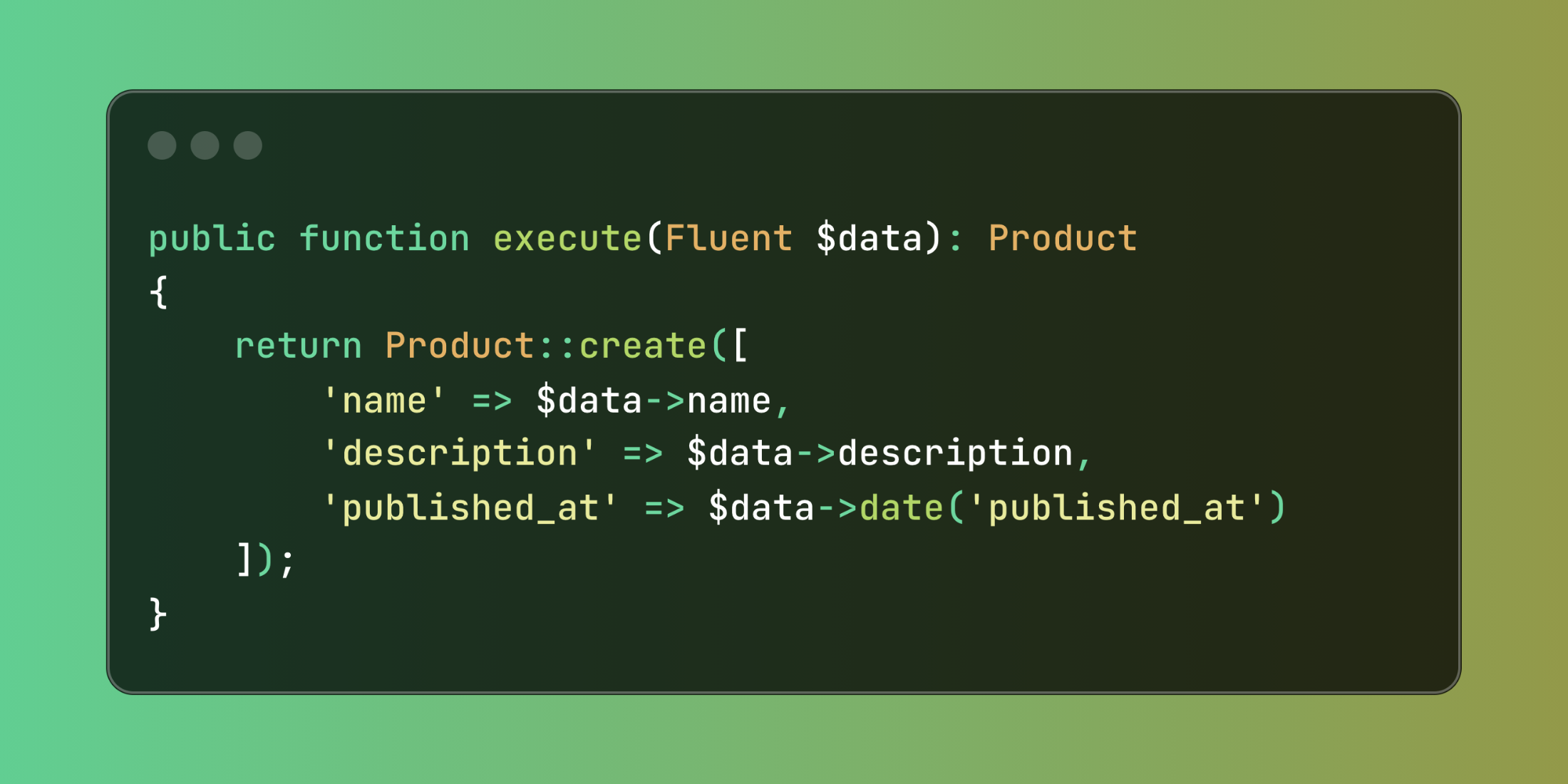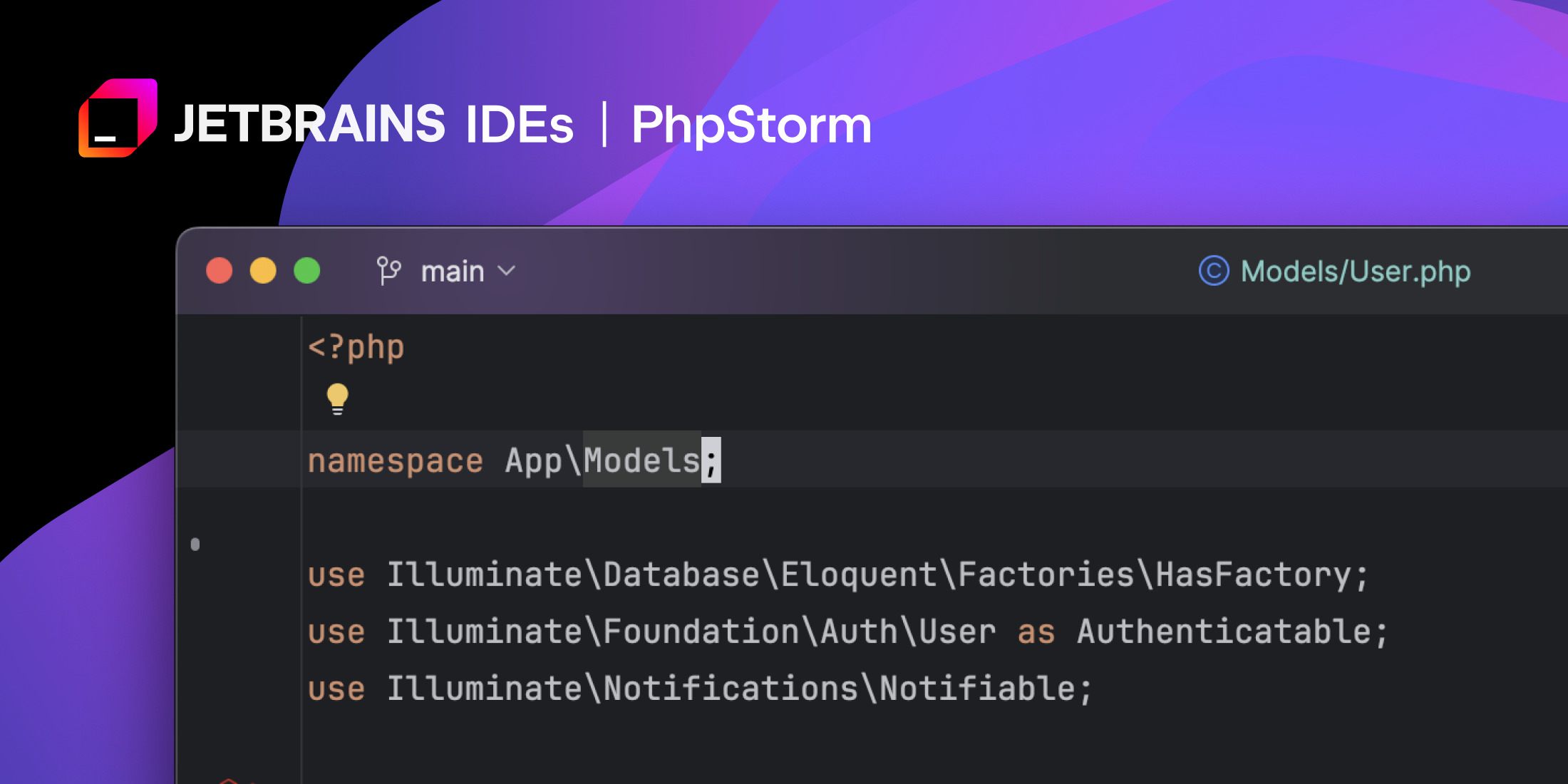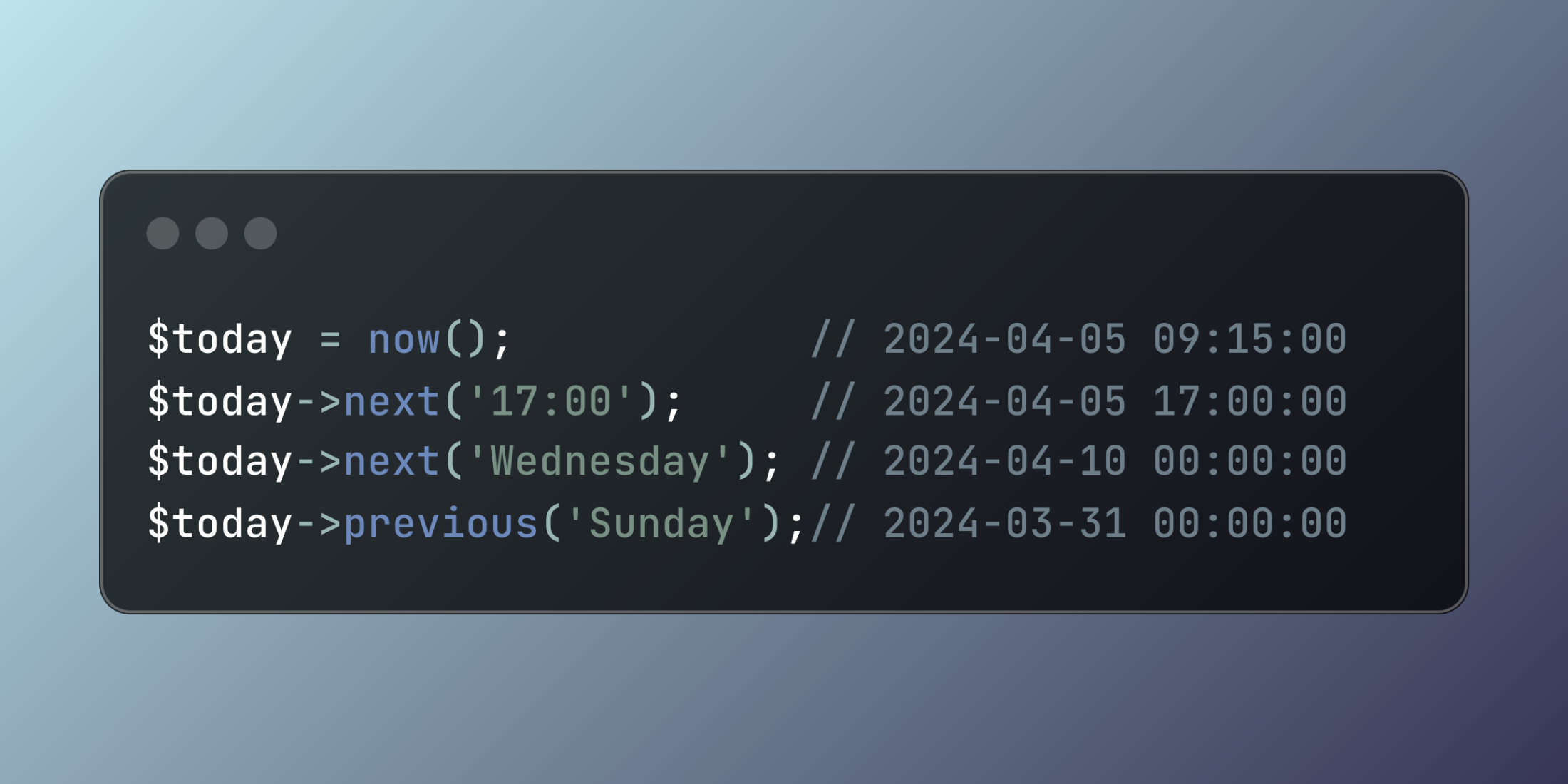How SEBI Has Tightened the Equity Market with New Regulations in last 6 Months!
The Securities and Exchange Board of India (SEBI) has been proactively strengthening regulations in the Indian capital markets to ensure transparency, protect investors, and curb malpractices. Over the past six months, SEBI has introduced several key regulatory changes affecting retail investors, research analysts, investment advisors, financial influencers, algo trading, and derivatives trading. This article provides […] The post How SEBI Has Tightened the Equity Market with New Regulations in last 6 Months! appeared first on Trade Brains.



The Securities and Exchange Board of India (SEBI) has been proactively strengthening regulations in the Indian capital markets to ensure transparency, protect investors, and curb malpractices. Over the past six months, SEBI has introduced several key regulatory changes affecting retail investors, research analysts, investment advisors, financial influencers, algo trading, and derivatives trading. This article provides a comprehensive overview of these recent reforms and their implications for market participants.
1. Stricter Regulations on Algorithmic Trading
Algorithmic trading, or algo trading, has seen a surge in participation from retail investors. To enhance transparency and reduce the risk of manipulation, SEBI has introduced stringent rules on algo trading:
Classification of Algorithms: White Box vs. Black Box
- White Box Algorithms: Fully transparent and allow users to understand and replicate their logic.
- Black Box Algorithms: Proprietary logic that remains undisclosed. Providers of such algorithms must register as Research Analysts and maintain detailed operational records.
Approval and Monitoring Requirements
- Algorithm Approval: Brokers must obtain approval from stock exchanges for each algorithm offered to clients.
- Unique Identifier Tagging: All algo orders must carry a unique identifier for tracking and auditing purposes.
- Registration of Algorithm Providers: Entities providing algorithmic trading services must register with stock exchanges.
- Threshold-Based Registration for Retail Investors: Investors using algorithms exceeding a specified order-per-second threshold must register them with the exchanges.
These measures aim to create a more structured and regulated environment, minimizing risks associated with algorithmic trading.
2. Stricter Regulations for Research Analysts (RAs)
To improve the credibility of financial advisory services, SEBI has tightened regulations for Research Analysts (RAs):
Know Your Client (KYC) Requirements
- RAs must conduct KYC procedures for fee-paying clients and maintain records, including:
- Client lists
- PAN details
- Dates of service
- Nature of services
- Details of securities or investment products involved
- Fees charged
- These records must be uploaded to the KYC Registration Agency (KRA) system.
Fee Structures and Advance Payments
- Individual clients (including Hindu Undivided Families) cannot be charged more than ₹1,51,000 per annum per family.
- The cap does not apply to institutional investors such as Qualified Institutional Buyers (QIBs) and accredited investors.
- Advance payments cannot exceed fees for more than one quarter, ensuring fair pricing and preventing unjustified upfront fees.
- If services are terminated prematurely, RAs must refund the proportionate fees for the unexpired period.
- Charging separation fees is strictly prohibited.
These measures enhance investor protection by ensuring fair pricing and reducing conflicts of interest.
3. Stricter Rules for Investment Advisors and Financial Influencers (Finfluencers)
Restrictions on Finfluencers
SEBI has introduced measures to regulate financial influencers (finfluencers) to curb misinformation and protect retail investors:
- SEBI has banned stock brokers, research analysts, investment advisors, and mutual fund houses from associating with finfluencers.
- Companies are prohibited from paying commissions or referral fees to unregistered finfluencers.
- Advertisements and promotions by finfluencers must comply with SEBI’s code of conduct.
Advertisement Code for Investment Advisors and Research Analysts
To maintain transparency, investment advisors and research analysts must:
- Obtain prior approval before making advertisements influencing investor decisions.
- Clearly disclose the nature of services and risks involved.
- Ensure that promotional content is factual and does not mislead investors.
By regulating financial influencers and advisors, SEBI aims to prevent retail investors from being misled by unverified recommendations and advertisements.
4. Tightened Regulations for Small and Medium Enterprise (SME) IPOs
SEBI has revised the eligibility criteria for SMEs seeking an Initial Public Offering (IPO):
- SMEs must report a minimum profit of ₹10 million from operations in at least two of the past three years.
- The offer for sale by existing shareholders is capped at 20% of the total issue size.
- IPO proceeds cannot be used for repaying loans to major shareholders.
These changes aim to prevent fraudulent listings and ensure only financially stable SMEs enter the public markets.
5. New Guidelines for Derivatives Trading
To address the growing concerns around retail participation in derivatives trading, SEBI has implemented key reforms:
- The minimum contract size for index derivatives has been increased to ₹1.5 million to limit speculative trading by small investors.
- Weekly options contracts per exchange have been capped at one to reduce excessive speculation.
These changes are designed to mitigate risks, ensuring retail traders do not incur significant losses in the derivatives market.
Conclusion
SEBI’s recent regulatory changes reflect its commitment to strengthening the Indian equity markets by promoting transparency, reducing risks, and protecting investors. The tightened norms on algorithmic trading, research analysts, investment advisors, finfluencers, SME IPOs, and derivatives trading create a more structured and fair environment for market participants.
While these regulations may initially seem restrictive, they aim to build a sustainable and trustworthy financial ecosystem, ensuring that retail and institutional investors can participate with greater confidence and security. As the Indian capital markets continue to grow, SEBI’s proactive measures will play a crucial role in maintaining stability and fairness in the financial system.
The post How SEBI Has Tightened the Equity Market with New Regulations in last 6 Months! appeared first on Trade Brains.
What's Your Reaction?










































































































